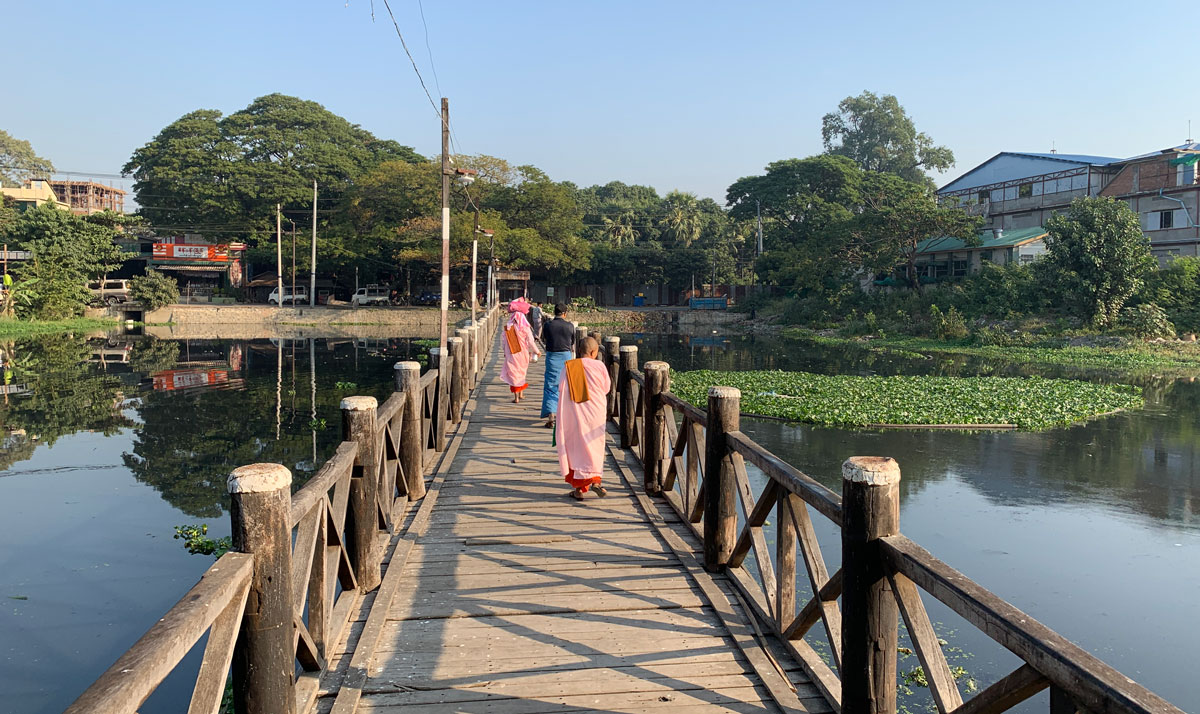Over the course of 2021, the Henry Luce Foundation made $42.9 million in grants on topics as diverse as the roots of Chicanx photography to the effects of the pandemic on democracy and societies. We were proud to support a second cohort of Indigenous Knowledge Fellows in partnership with First Nations Development Institute and to continue our grantmaking in support of leaders and thinkers engaged across the United States and around the world.
In 2021 we closed one successful program and launched another. 2021 was the final year of the Henry R. Luce Initiative on Religion in International Affairs, led with intelligence, insight, and care by Dr. Toby Volkman who shares her reflections about the creation and development of the program here. It was also the first year of exploratory grantmaking in the spaces of democracy, ethics, and public trust.
In November, the Foundation’s board approved our first statement of values focused on equity, diversity, and inclusion. These values have been woven through the Foundation’s work on multiple fronts over the years and were prioritized throughout our grantmaking in 2021.
In keeping with these values, we are in the process of reevaluating the Luce Scholars application and selection process to make the program more open, equitable, and inclusive. We look forward to introducing a new system in mid-2022 when we will begin recruiting a new class of Luce Scholars for the 2023–24 Luce Year.
We strive to embody these principles in the work of our programs. At a time when many organizations have committed to taking on anti-racist work but are unequipped to do so, the Foundation launched the Museum Partnerships for Social Justice initiative to assist arts institutions as they explore, develop, and implement anti-racist practices. We remain invested in increasing participation of women in STEM—awarding grants to more than a dozen higher education institutions working to expand opportunities for women in STEM fields—and we are expanding our focus on the development of new systems of support such as a fellowship for women of color innovators and a new media platform dedicated to elevating the voices of women of diverse backgrounds.
The Foundation’s deepening investment in underrepresented voices is visible in the work of our Religion and Theology Program—which supported the launch of Interfaith Youth Core’s new Black Interfaith initiative and a dozen projects focused on advancing public knowledge of race, justice, and religion in America—as well as in our increased commitment, since 2020, to diverse Asian American and Pacific Islander communities and expanded grantmaking in support of Native American communities, people, and projects.
These grants are part of a continuum of work that has responded to the needs of a changing world since the Foundation’s establishment. As I look ahead to the future, I find myself returning again and again to the lives and commitments of our founder and his family. Henry R. Luce and his parents, Henry Winters Luce and Elizabeth Root Luce, believed in the power of bold ideas paired with hands-on engagement. They understood change to be an interplay between experiential knowledge, intellectual inquiry, and human connection. Above all, they were dedicated to lives of expanding horizons, of learning from all those they encountered, and of finding common ground across borders.
I see through lines of these priorities in the work of the Henry Luce Foundation today. Thank you for being with us on this journey.
Be well,
Mariko Silver
Sign up for updates
Explore Themes and Ideas































































